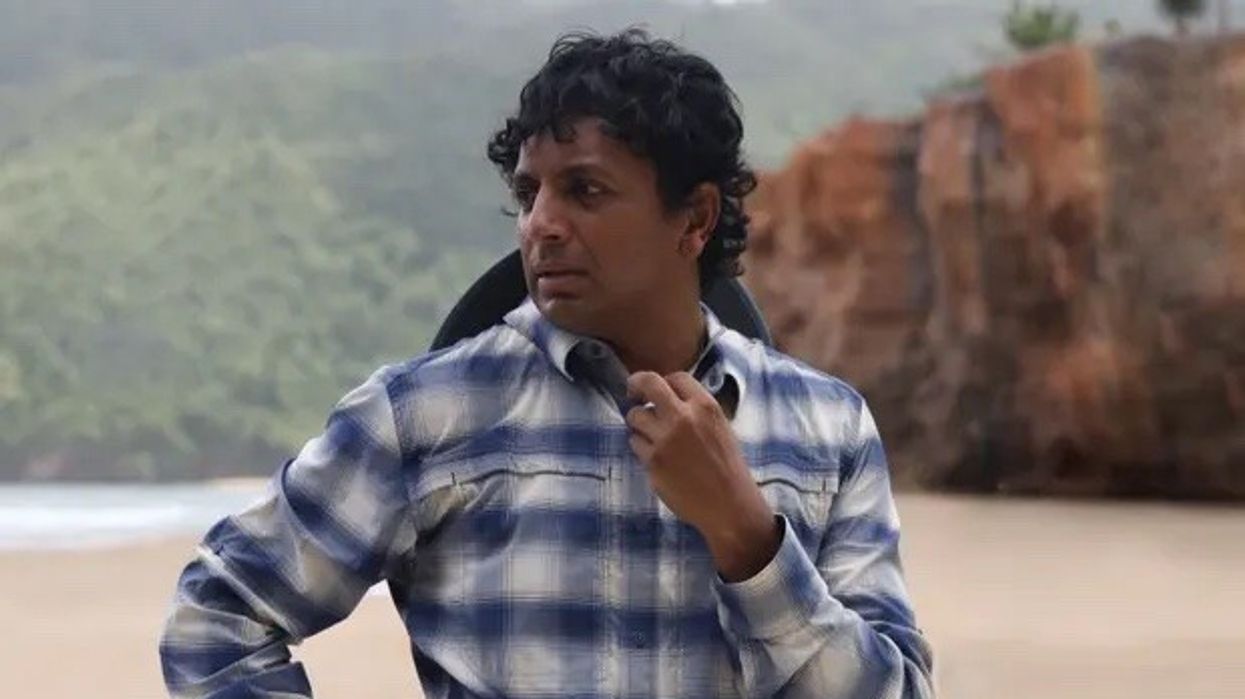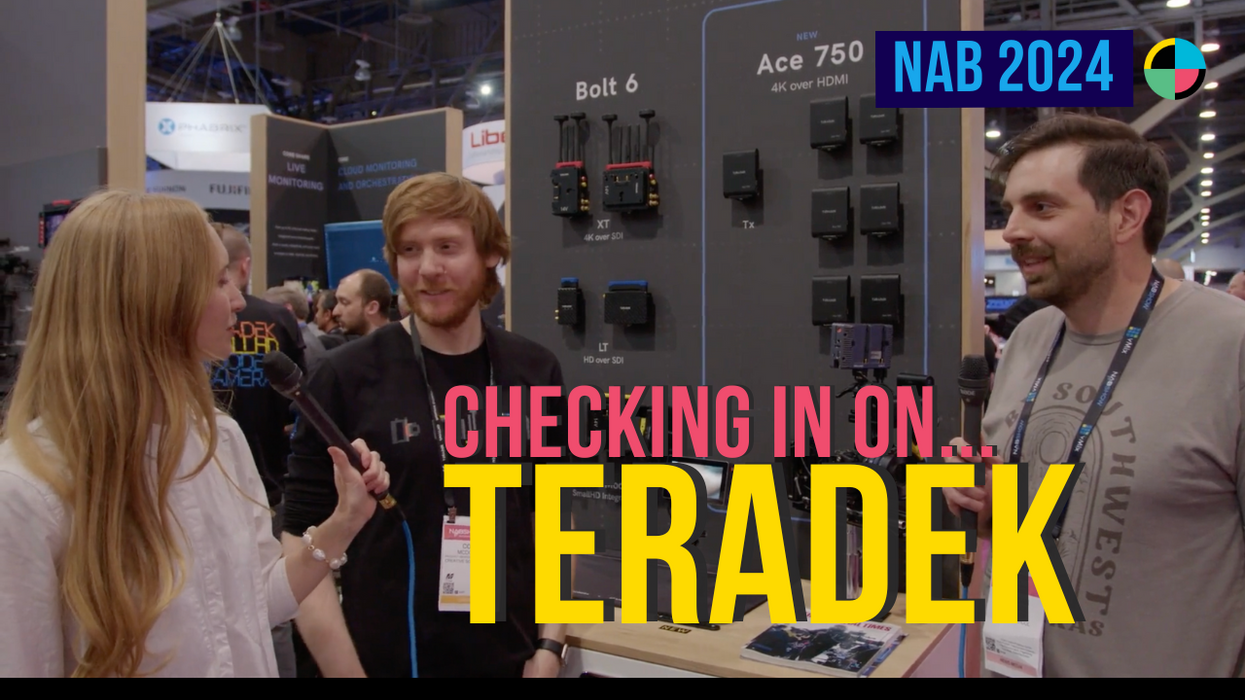How M. Night Shyamalan Has Been Self-Financing His Films to Great Success
The ultimate act of betting on yourself.

Almost a decade ago, M. Night Shyamalan was coming off a series of movies that audiences felt were underwhelming. And critics agreed. For someone who was once considered the new master of suspense, he was stuck trying to figure out how to get back to making movies he loved.
He had an idea and knew the best way forward. But he wanted someone to let him make the movie the way he wanted. He wanted to get back to the freedom of the old days.
So he found a financier he could trust not to meddle in the creative process: himself.

"In most scenarios, because we’re doing it at such a small price, we’re going to be okay no matter what," Shyamalan said. "So we can make the most interesting art. I don’t have to think about some equation of safety. I don’t have to think about that. I believe the flip happens where the audience can feel that it’s different. That there is no safety valves on it. There is no safety guard rails on it. They can feel that there is no supervision and it’s this kind of free-spirited thing. I believe audiences can feel that and that’s why they’ve been coming to these movies."
Even with great financial successes and the freedoms of those movies, Shyamalan continued this process. And he is still self-financing today.
For his new film, Knock at the Cabin, he remortgaged his house to make sure he had enough. It's a strategy he doesn't recommend but one I find fascinating.
Even a brief look at his estimated budgets and the box office take shows this strategy has paid off. Not only was Shyamalan allowed to make movies that forced him back into a positive creative space, but he was able to find financial success to connect with audiences again.
Of course, I think Shyamalan is smart to advise against his sort of financial risk for most people. Not because they're not good, but because there is a litany of factors when it comes to a movie being profitable at a large scale.
Still, you have to admire his gumption and bravery in the open market. It makes me excited to see his work.
Let me know what you think in the comments.
Source: Kevin McCarthy via Twitter












